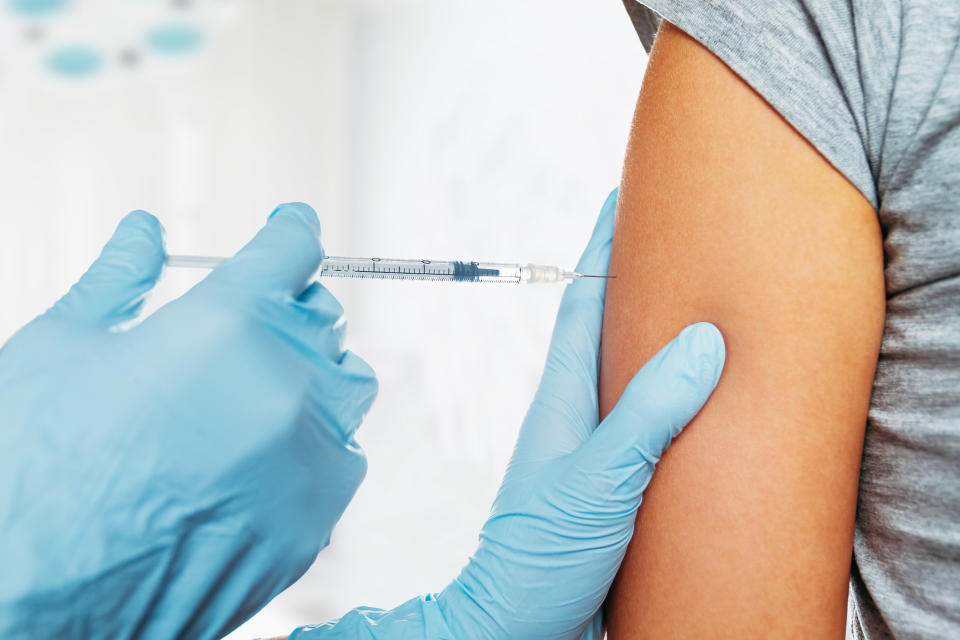Vaccines are the body's secret weapon against disease — a pediatrician breaks down why
Vaccines — substances that boost the body’s defense system — help us stave off disease. Their use traces back to the late 18th century, when Edward Jenner, an English physician, created a vaccine against smallpox. But the controversy surrounding vaccines is more recent, beginning with a now debunked research paper on vaccines and autism published by Andrew Wakefield in 1998, which was proven (in 2011) to be fraudulent.
In reality, vaccines are a vital part of our American health system. A study published in 2014 by the Centers for Disease Control and Prevention as a part of its Morbidity and Mortality Weekly Report found that vaccines given to children between 1994 and 2013 will “prevent an estimated 322 million illnesses, 21 million hospitalizations, and 732,000 deaths over the course of their lifetimes.”

But what exactly are vaccines, and how do they work in the body?
According to the U.S. Department of Health and Human Services, vaccines are made up of “very small amounts of weak or dead germs.” By injecting the body with these dead or weakened particles — which are still chemically related to the disease — vaccines prepare the body to fight off the infection before it is actually present.
There are a variety of diseases that vaccines help prevent — 16 in total, according to the CDC. Most commonly, these include measles, mumps, rubella, hepatitis B, polio, tetanus, diphtheria, and pertussis (whooping cough). Although there can be mild, temporary side effects, such as fever or a sore arm, the life-saving benefits of vaccines far outweigh the negatives.
Alok Patel, MD, a pediatrician and public health expert at NewYork-Presbyterian/Columbia University Irving Medical Center, says vaccines are crucial to protecting your kids. “Think of it like this: Your immune system is like the defensive line on a football field, and the bacteria or virus is like the offensive line, the other team. So, they’re gonna come and try to make a play, your defense may or may not stop them, or they may get a touchdown,” he tells Yahoo Lifestyle. “Now — we introduce a vaccine. So, a vaccine is basically your defensive line learning the other team’s plays, so, when they try to come and score or do anything — you’ve already stopped them in their tracks.”
When it comes to the controversy surrounding their use, Patel says the proof is in the product. “Vaccines work, and they save lives,” he tells Yahoo Lifestyle.
Check out these websites for more information on when and how to get the right vaccines for you and your family.
